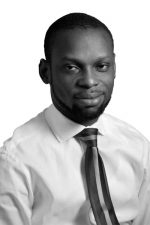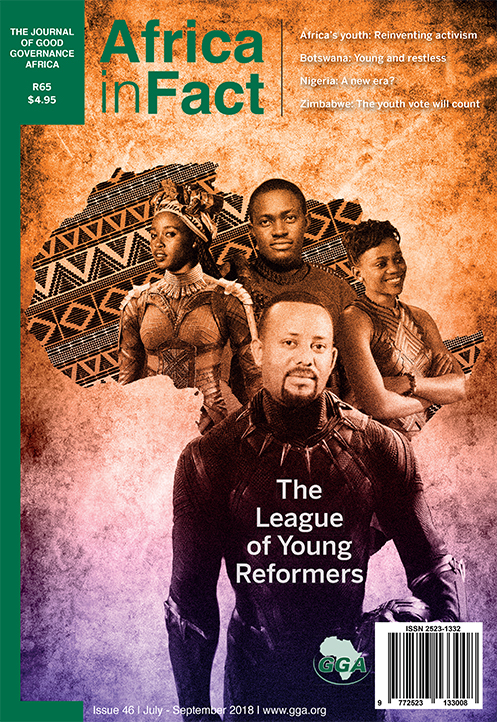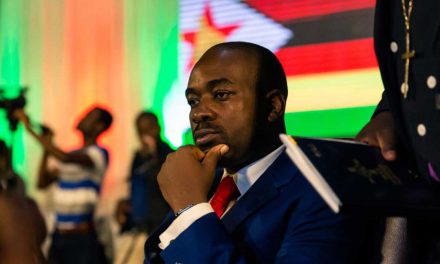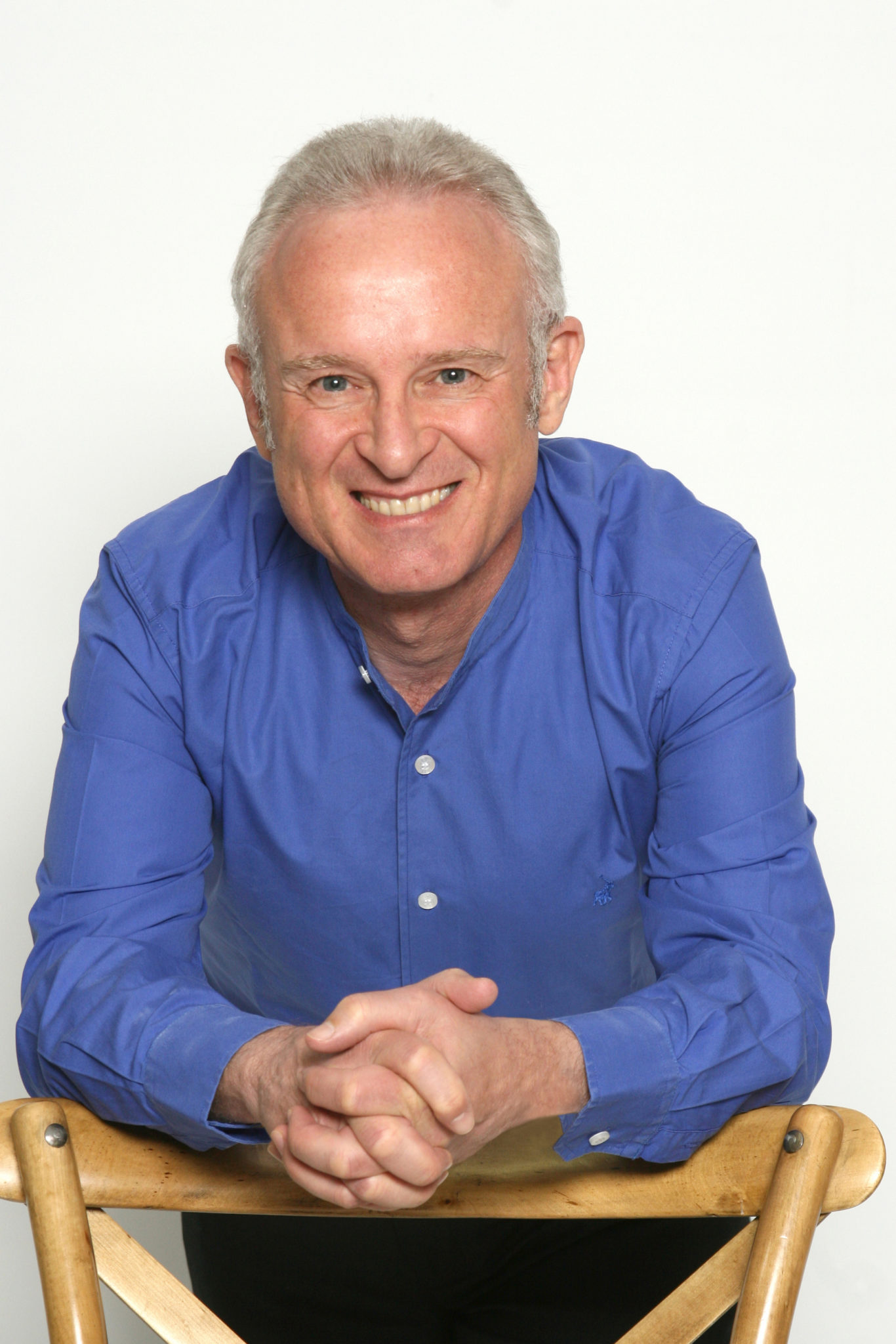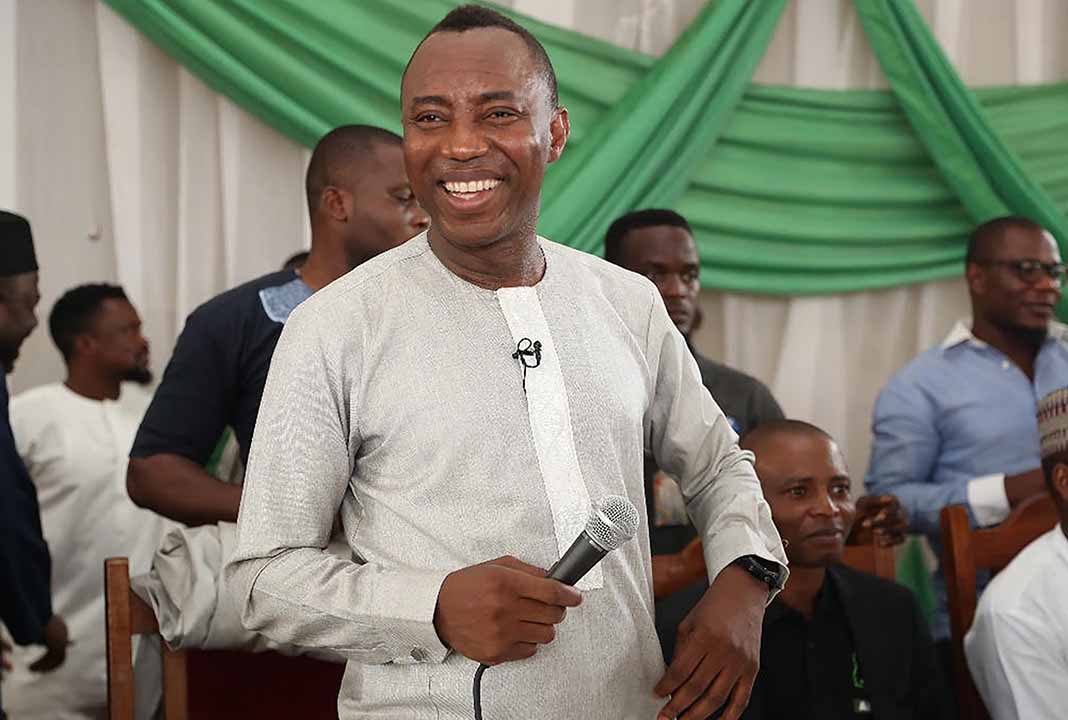
With every new election cycle, Nigeria is inching closer to producing its own Emmanuel Macron or Justin Trudeau. That hope is fuelled by the confidence with which the younger generation are aspiring to the highest Nigerian office.
A quick run through of the names and ages of candidates currently campaigning to take President Muhammadu Buhari’s job in 2019 is illustrative: Omoyele Sowore (47), Fela Durotoye (46), Thomas-Wilson Ikubese (47), Enyinnaya Nnaemeka Nwosu (40), Ahmed Buhari (40), Charles Udeogaranya (46), Mathias Tsado (41), Eniola Ojajuni (39), Olu James Omosule (48) and Tope Fasua (47).
Although there are some individuals in their fifties or sixties in the mix, the lineup of youth in the presidential race is heartwarming. Nigeria is a country where age — rather than such values as competence, moral presence or strength of character — often forms the main basis of respect. But youth are no longer the leaders of tomorrow; in Nigeria, young people want to be the leaders of today. And it appears they’re well on course.
Taiwo George, the 34-year-old editor of TheCable, Nigeria’s third most-followed online newspaper, puts this down to a “rising youth consciousness to quit the blame game”. Now, young people want to influence political events from the centre. “Nigerian youth are becoming conscious of their role in politics,” He told Africa in Fact. “Unlike before, when they screamed from the sidelines, now they’re actively involved … They’re entering the political arena to contest, and they’re involved in advocacy as well.”
The call for change is gaining momentum. Next year, 30-year-olds will be eligible to contest the presidential election. Similarly, 30-year-olds will be eligible to contest some of the 36 state governorship seats on offer; 30-year-olds can now be senators, while 25-year-olds can win seats in the Federal House of Representatives and the state houses of assembly.
The age limits for these positions, in the order in which they have been listed, used to be 40, 35, 30, 25, 25. But in 2016, a coalition of youth groups united together to launch the “Not Too Young To Run” campaign — based on the principle that anyone who, at 18, isn’t too young to vote shouldn’t be too young to be voted for. An ambitious, if not audacious, target indeed. Yet considerable progress has been made. With 25-year-olds now eligible to seek legislative office, it is only a matter of time before the 18-year-old target is met as well.
After initial opposition from the upper and lower chambers, the “Not Too Young To Run” Bill was passed in July 2017. Two thirds of the 36 state assemblies followed suit in February this year to satisfy the legal requirements for turning the Bill into law. All that’s left is for Buhari to put pen to paper, and the deal is sealed.
In fact, Nigerian youth have always been involved in politics and elections, says ‘Sola Fagorusi, the programmes and media manager of Onelife Initiative, a non-profit organisation aimed at bringing sustainable social change to young people, but now their methods of involvement and the demography involved are changing.
Until recently, it was uneducated youth, largely living in villages or the outskirts of cities, who featured as party agents or aides to politicians, Fagorusi says. “Today, we are seeing youth engage in peer-to-peer mobilisation for voter registration and collection of the permanent voter card.”
An important part of this has been the capacity offered by the Internet, particularly as regards communication. Fagorusi, 35, attributes the success of recent youth campaigns to “the online amphitheatre, where unending conversations (both deep and shallow) about electoral issues are happening”.
The development has even influenced young people’s participation in primary elections, which were previously little more than “intra-party affairs”, he says. “Young people are also now starting political parties. There is the ANRP, for example – a political party by young people embracing both the elite and deprived. Young people in Nigeria today are doing more than just acting as the electoral umpire’s ad-hoc staff; they are claiming a stake simply by seeking positions within the party structure.”
But some young people are urging caution. The expectations created by the Not Too Young To Run excitement must be tempered with patience, says Rotimi Olawale, executive director of Youthhubafrica, a youth-led, non-profit organisation based in Nigeria that advocates education for girls and engaging in policy debates that impacts young people in Africa. Only when presidential assent is secure, he says, can youth truly start dreaming big politically.
“The most defining agenda for young people in Nigeria today is to crash the party,” Olawale says. “The success of this constitution amendment will see a lot of young people take up the challenge to run for office.” Meanwhile, he says the national, youth-led campaign to encourage young people to register to vote” has been “impressive”, and he is also excited by the rise in the number of “unconventional” political parties, which are providing a platform for youth political expression.
Sowore, one of the youngest 2019 presidential aspirants, recently launched an appeal to raise $2 million “via a clean, transparent and open manner to advance our movement and fund our election into the presidency without the interference of godfathers and godmothers”, as he puts it on his page on the site.
Although he started out as a rank outsider in the race to Aso Rock (Nigeria’s presidential villa), Sowore’s ambition to take on the country’s old guard sits well with the youth. Young people are either promoting his gofundme campaign or contributing to it, and by the time of writing in late May this year, some 575 people had contributed over $49,000. The old guard, meanwhile, sometimes lets its guard slip, and this does not go unnoticed. When Communications Minister Adebayo Shittu recently branded the 47-year-old “inconsequential” on live radio, young people leapt to his defence, saying the minister’s comment was “a slight” on the youth population.
A Sowore victory would have huge implications for the federal ruling class. His campaign machinery is manned entirely by young people, and his election would surely usher in a reign of Nigeria’s youngest-ever ruling elite. But even if he does lose, just the fact of his well-supported campaign will give momentum to efforts by young people to take the central political stage.
Nigerian youth no longer want to be the stooges of politicians or to be cannon fodder for them — useful during election time, but expendable once in power. They do not object to being the governed, but their condition for that is that they too can aspire to, and achieve a role in government. In short, Nigerian youth are discontented with their role as political spectators. Now, they aim to be direct players in the political space.
Fisayo Soyombo (@fisayosoyombo) is former editor of The Cable, a Nigerian news outlet, and of the International Centre for Investigative Reporting (ICIR), as well as a former managing editor of Sahara Reporters. He has won multiple awards, including the Wole Soyinka Award for Investigative Reporting (three times). He has written for Al Jazeera, TAZ, Journal Du Dimanche, the Daily Mail UK, among other publications. His reporting has been translated into German, French and Arabic.

